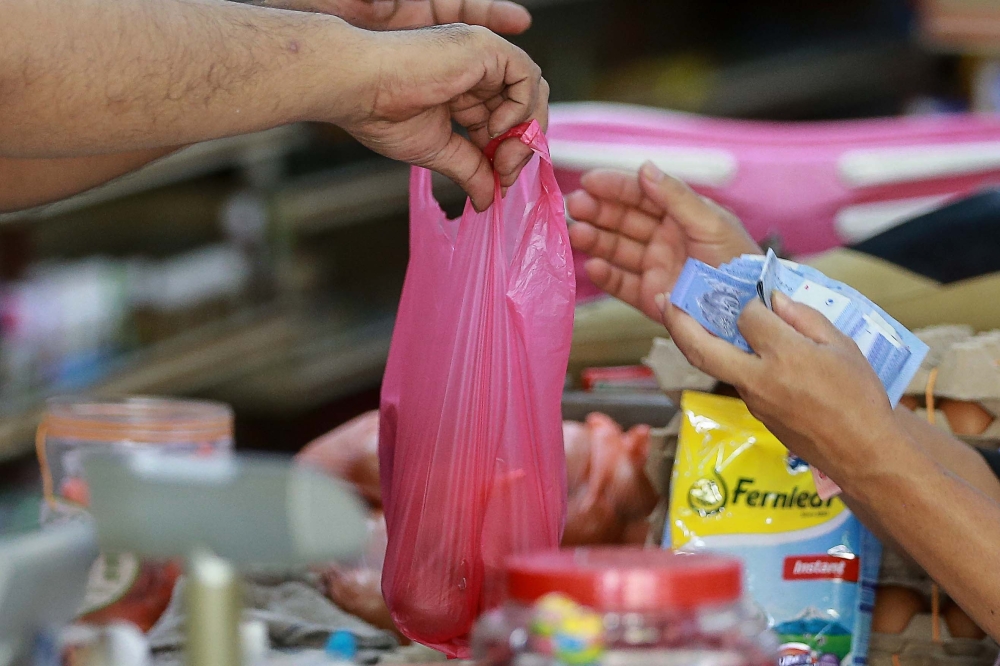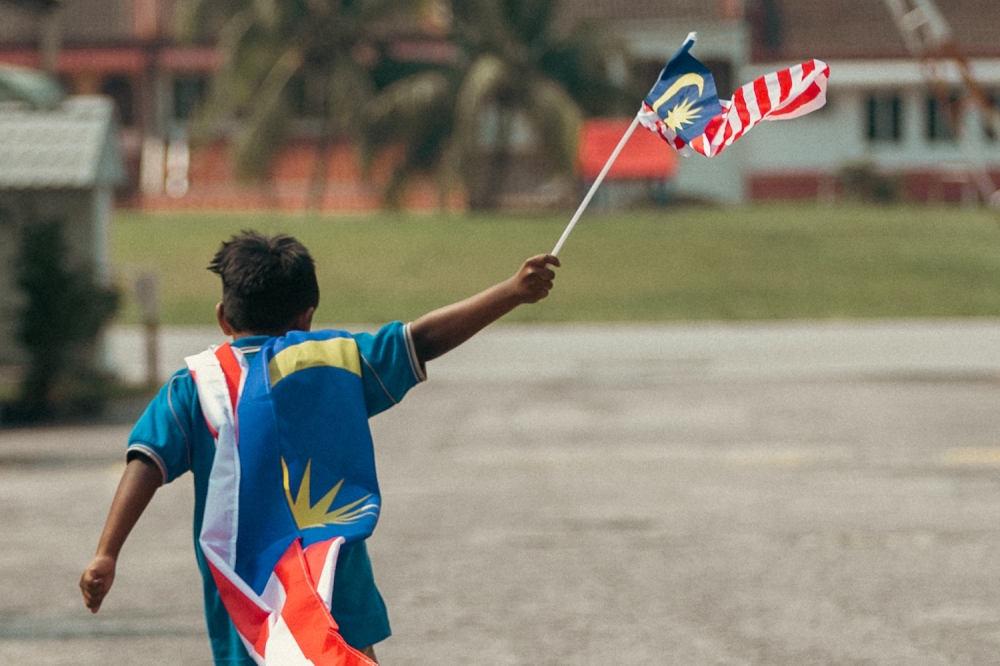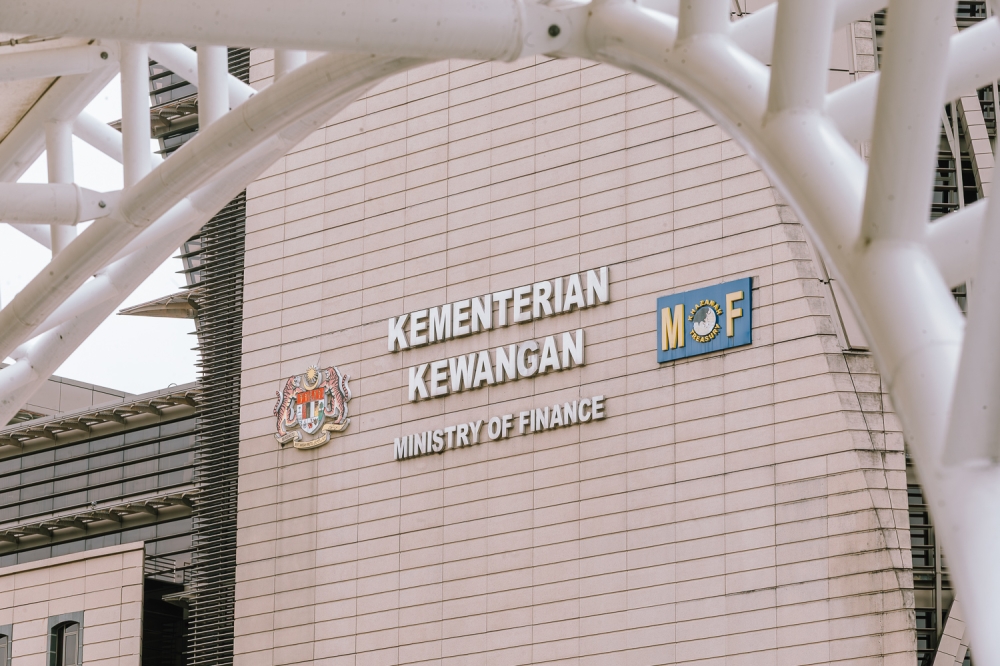KUALA LUMPUR, Mar 9 — The Human Rights Commission of Malaysia (Suhakam) has criticised the government’s proposed changes to the country’s citizenship laws, saying these would turn a constitutional right for some into a privilege to be decided by a minister.
The proposed amendment to Section 19B Part III of the Second Schedule would also be “highly unsatisfactory” due to the bureaucracy within the National Registration Department (NRD), Suhakam said.
“Our concerns revolve around the fact that such significant issues of citizenship provisions and rights must be enshrined in the constitution and not left to the discretion of the minister.
“The major hurdle within the existing provisions is the bureaucracy and unresponsive attitude of the NRD (National Registration Department) towards applicants.
“There is already a significant trust deficit in the workings of the bureaucracy, and the thrust of the proposed amendments, which shifts constitutional rights to the discretion of civil servants, is highly unsatisfactory,” Suhakam said in a statement today.
The proposed amendment would require any person to register foundlings within one year, and will affect children born out of wedlock to Malaysian men, stateless children adopted by Malaysian parents and foundlings, the commission explained.
Giving the minister discretion will exacerbate statelessness among children, punishing them for the faults of their parents or other third parties.
Suhakam also said that this amendment will perpetuate the generational issues of statelessness, which would further burden the country with individuals who cannot fend for themselves and contribute to the nation.
“As a state party to the UN Convention on the Rights of the Child (CRC), the government should ensure that there are no stateless children in the country by taking steps towards the elimination of statelessness,” the commission said.
Suhakam also lauded Senator Datuk Seri Saifuddin Nasution Ismail for actively clearing the backlog of citizenship applications, but emphasised that citizenship should not be left to his discretion.
Suhakam also welcomed the proposal to amend Article 14(1)(b) of the Federal Constitution in recognising gender equality for Malaysian mothers with foreign spouses to children born overseas.
“We must stop blaming the children’s history and instead make efforts to overcome statelessness while prioritising the child’s best interests.
“After all, all children are innocent,” Suhakam expressed.



















